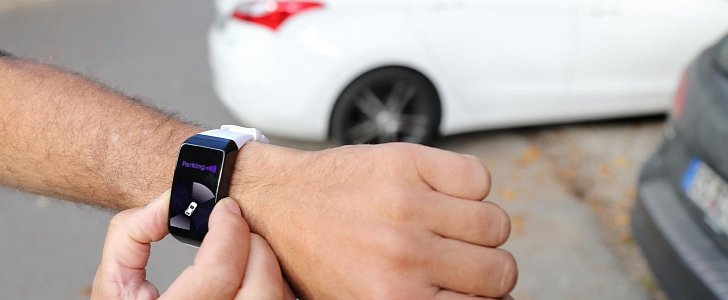With self-driving cars on an unavoidable collision course with our auto industry, it's time we had a look at all the aspects involved, and as this period of Internet access and connected devices has proven, wherever there are silicon chips, there will be hackers.
After toying around with computers all over the world - including some high-priority names such as US government agencies - hackers will undoubtedly welcome the new challenge of gaining control over AI-controlled vehicles. Some of them have already started, and programs such as the one run by Tesla where it awards people for finding weaknesses in its system are starting to become the norm. The threat of outside interference with the vehicle's system is real, and people know it.
A recent survey ran by IAM RoadSmart revealed that no less than 74 percent of the 1,200 respondents thought that insurers should provide cover for damage caused by hackers who took control of the vehicles. For that to happen, though, and for a reasonable price, the manufacturers would have to prove the insuring companies that they are taking this risk very seriously and are doing their best to prevent it.
The British drivers who participated in the study also revealed other interesting trends, if somewhat predictable. Almost half of them - 46 percent - believe that insurance policies should include cover for self-driving cars in the future, but only 23 percent would still support this idea if it meant a price hike for all drivers.
A different survey published only a few days ago revealed that one in three British drivers would buy an autonomous car in the near future, and yet IAM RoadSmart's results show that as few as six percent of those surveyed were strongly in favor of something as simple as allowing a car to park itself without anybody on board. 69 percent were strongly against it.
Commenting on the results of the poll, IAM RoadSmart director of policy and research, Neil Greig, said: “In our view it is logical that hacking electronic systems in autonomous vehicles is treated the same way as a traditionally stolen vehicle, with the insurer bearing the cost. This will be an important way of developing consumer confidence around one element of the plethora of questions driverless cars pose.
“Driverless cars are a very new proposition for many and views towards them are mixed. Previous research we have carried out shows that road users are by and large excited about their development. But they still have concerns about responsibility, especially when it comes down to liability.”
A recent survey ran by IAM RoadSmart revealed that no less than 74 percent of the 1,200 respondents thought that insurers should provide cover for damage caused by hackers who took control of the vehicles. For that to happen, though, and for a reasonable price, the manufacturers would have to prove the insuring companies that they are taking this risk very seriously and are doing their best to prevent it.
The British drivers who participated in the study also revealed other interesting trends, if somewhat predictable. Almost half of them - 46 percent - believe that insurance policies should include cover for self-driving cars in the future, but only 23 percent would still support this idea if it meant a price hike for all drivers.
A different survey published only a few days ago revealed that one in three British drivers would buy an autonomous car in the near future, and yet IAM RoadSmart's results show that as few as six percent of those surveyed were strongly in favor of something as simple as allowing a car to park itself without anybody on board. 69 percent were strongly against it.
Commenting on the results of the poll, IAM RoadSmart director of policy and research, Neil Greig, said: “In our view it is logical that hacking electronic systems in autonomous vehicles is treated the same way as a traditionally stolen vehicle, with the insurer bearing the cost. This will be an important way of developing consumer confidence around one element of the plethora of questions driverless cars pose.
“Driverless cars are a very new proposition for many and views towards them are mixed. Previous research we have carried out shows that road users are by and large excited about their development. But they still have concerns about responsibility, especially when it comes down to liability.”

